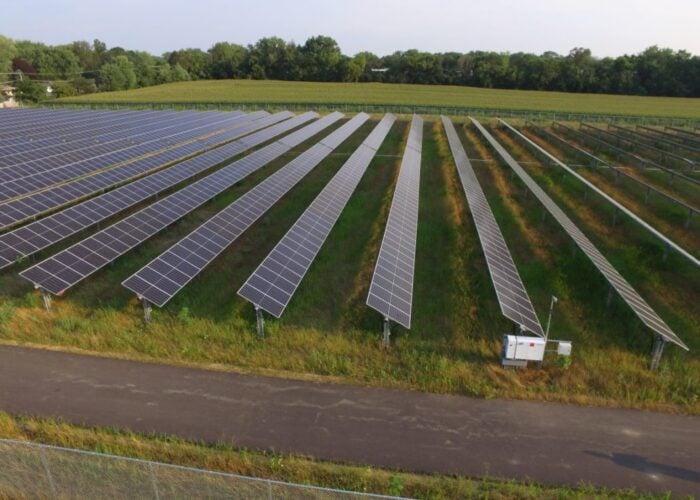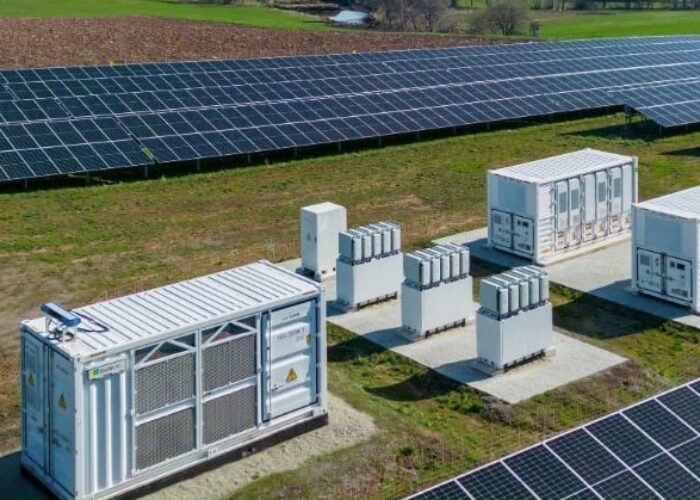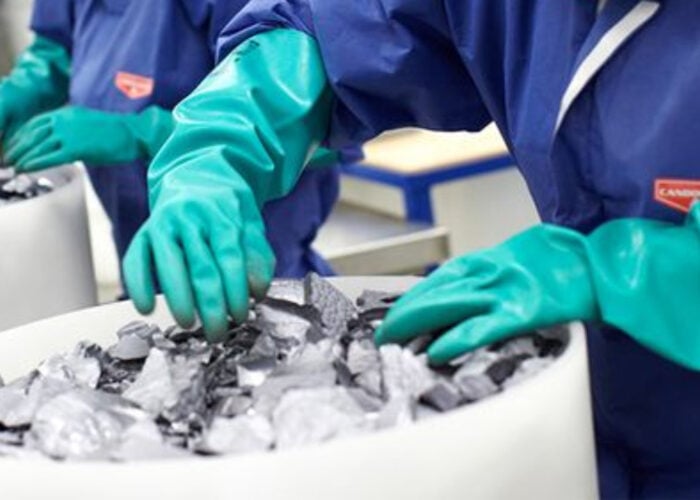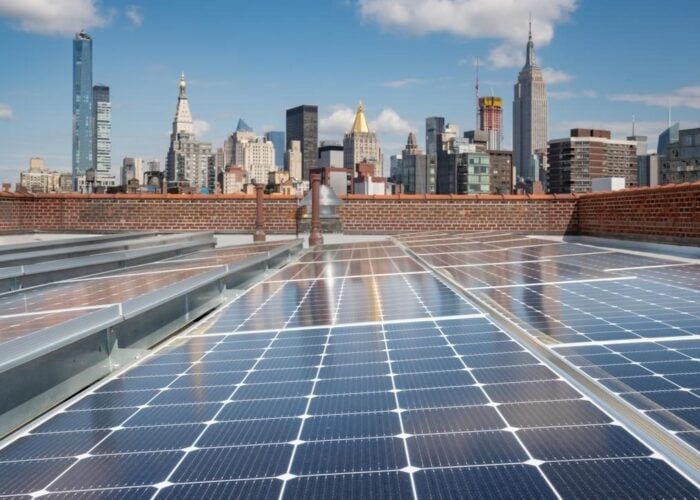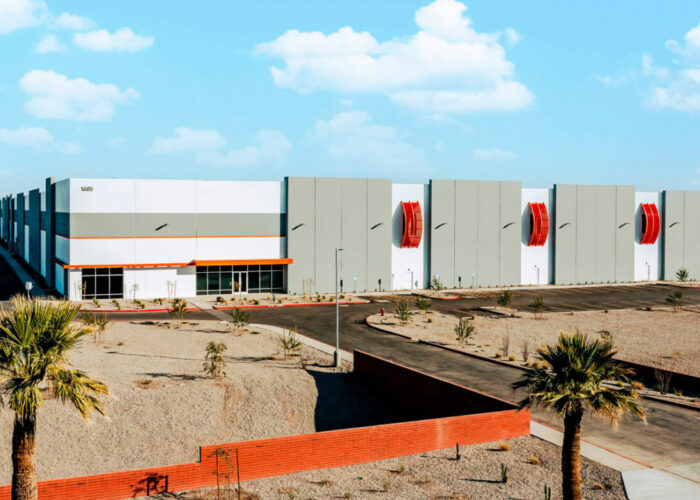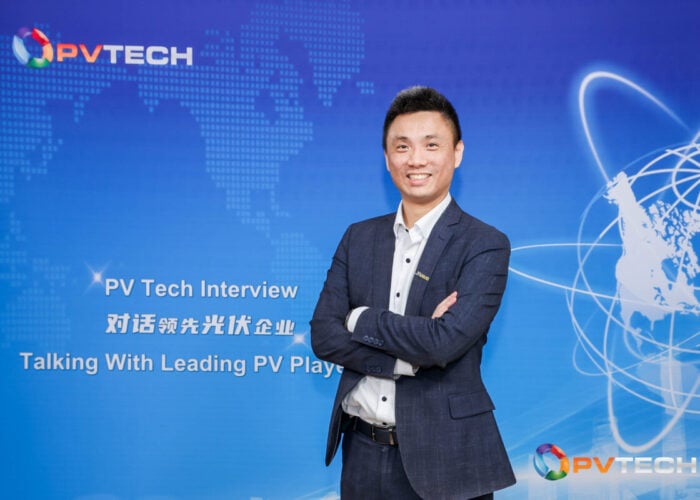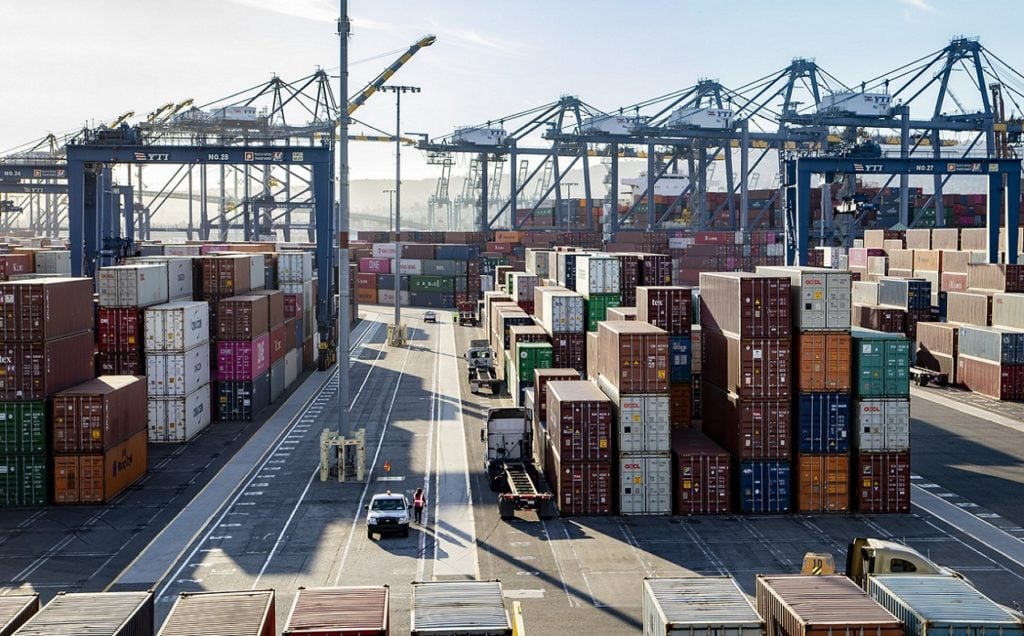
The US International Trade Commission (USITC) has decided to continue its investigation into the imports of crystalline silicon PV cells from Southeast Asia.
USITC chair David S Johanson and all three commissioners voted in favour of continuing the antidumping and countervailing duty (AD/CVD) investigation as the commission determined a “reasonable indication” for the US industry to be “materially injured” from imports of solar PV cells – whether or not assembled into modules – from Cambodia, Malaysia, Thailand and Vietnam.
Unlock unlimited access for 12 whole months of distinctive global analysis
Photovoltaics International is now included.
- Regular insight and analysis of the industry’s biggest developments
- In-depth interviews with the industry’s leading figures
- Unlimited digital access to the PV Tech Power journal catalogue
- Unlimited digital access to the Photovoltaics International journal catalogue
- Access to more than 1,000 technical papers
- Discounts on Solar Media’s portfolio of events, in-person and virtual
Or continue reading this article for free
This is not the only decision from the USITC, as it also determined a “reasonable indication” that solar PV cells – regardless of whether or not they are being assembled into modules – coming from Cambodia may be subsidised by the Cambodian government.
With the investigation going forward, the USITC set a preliminary countervailing duty determination due date on or about 18 July 2024, while preliminary antidumping duty determinations due on or about 1 October 2024.
New solar PV AD/CVD tariff
The latest AD/CVD petition was brought by a coalition of solar manufacturers, including First Solar, Meyer Burger and Qcells, among others, in April this year under the banner of the American Alliance for Solar Manufacturing Trade Committee. The petition seeks an investigation into the practices of solar manufacturers in the four named countries, which is now continuing its course.
This petition is not related to the one brought forward by Auxin Solar in February 2022, which ultimately found five companies – Trina Solar, Canadian Solar, BYD Hong Kong, New East Solar and LONGi-owned Vina Solar – to be shipping some of their products through Thailand, Cambodia and Vietnam for “minor processing” before shipping them on to the US.
Module manufacturer LONGi has also had to face rumours concerning its facilities in Southeast Asia and whether or not it plans to shut down its plants in Vietnam and Malaysia. These rumours arose only days after the moratorium on collecting duties on solar imports from Southeast Asia expired at the beginning of the month.
US tightens policy against China
Trade tariffs and policy measures have accelerated in the past few weeks in the US, with the Biden administration announcing a tariff increase on solar cells – which jumps from 25% to 50% under Section 301 – or the removal of tariff exemptions on bifacial solar modules, which represent nearly 90% of PV module imports.
The combination of these measures, along with the AD/CVD investigation, could “significantly disadvantage products from Southeast Asia in the US market,” Clean Energy Associates said last month in a report that examined the impacts of each measure.

